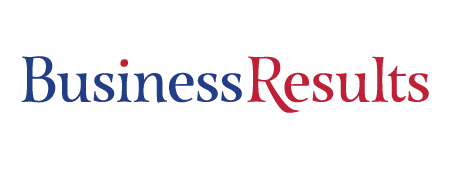17 Aug What to Know When Adding AI in the Recruiting Process
Companies are increasingly using Artificial Intelligence (AI) to help with their hiring processes, particularly in recruiting. Some AI-systems can analyze resumes and applications to identify candidates whose skills or experience match the job requirements. Other AI tools search through online platforms such as LinkedIn or Indeed to identify potential candidates that match certain criteria.
Smart companies will also use assessments designed to understand how to best work with each person (data that is interpreted by people) to evaluate candidates’ behavioral drives, cognitive abilities, and cultural fit for a role. These assessments provide more objective insights into a candidate’s suitability for a job beyond what’s evident from their resume, invisible qualities that AI isn’t able to identify fairly.
The idea with using assessments, and then AI, is to rank candidates based on various factors, such as their skills, experience, and assessment results, helping recruiters prioritize their due diligence efforts.
While AI offers many benefits for workforce selection, it’s best to still have that human touch to make sure that the algorithms aren’t inadvertently adding bias in their interpretation of the resume data they’re trained on, which can lead to unfair or discriminatory outcomes. Another concern is data privacy. Organizations must follow data protection regulations such as GDPR. Again, the people using AI must be vigilant to mitigate bias and ensure fairness.
Organizations incorporating AI into workforce selection should be careful to make sure the “people piece” isn’t overlooked by the speed and efficiencies of the technology. Human oversight is crucial to ensure that AI systems are making accurate and fair decisions. Objective people data can help. Business Results helps companies throughout North America make smarter hiring decisions while also helping leaders best manage their people every day. Contact us for information today!


